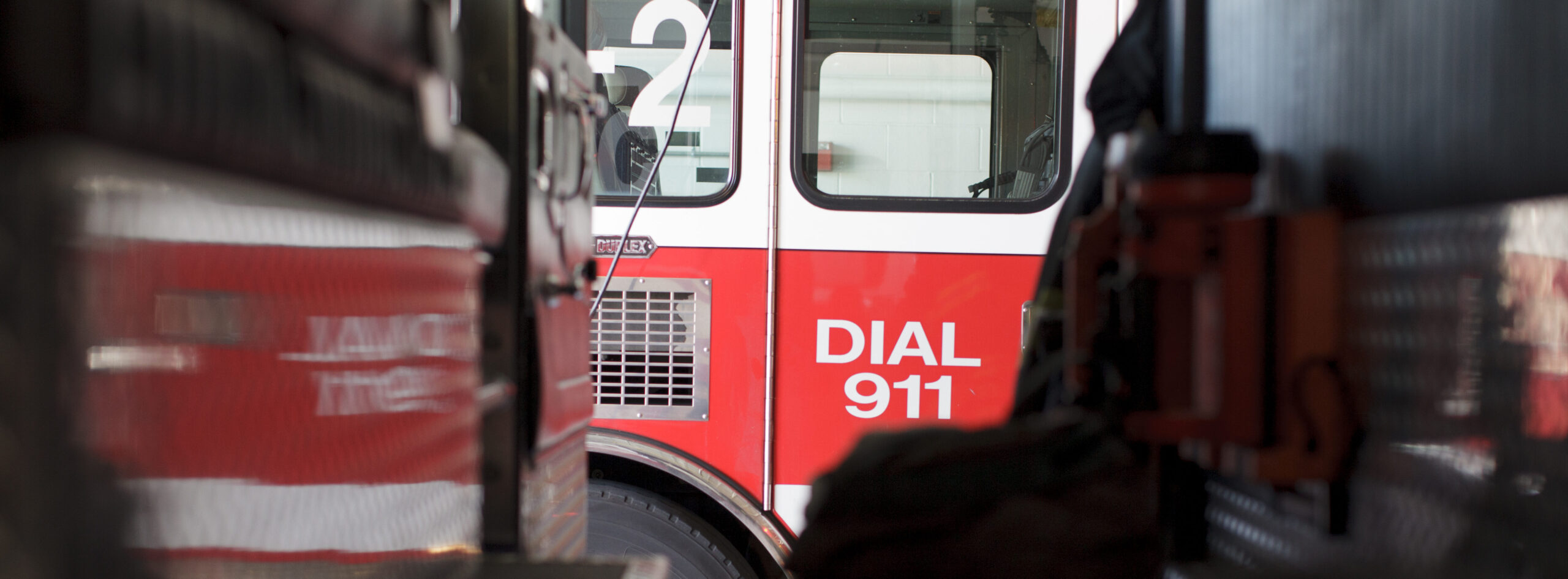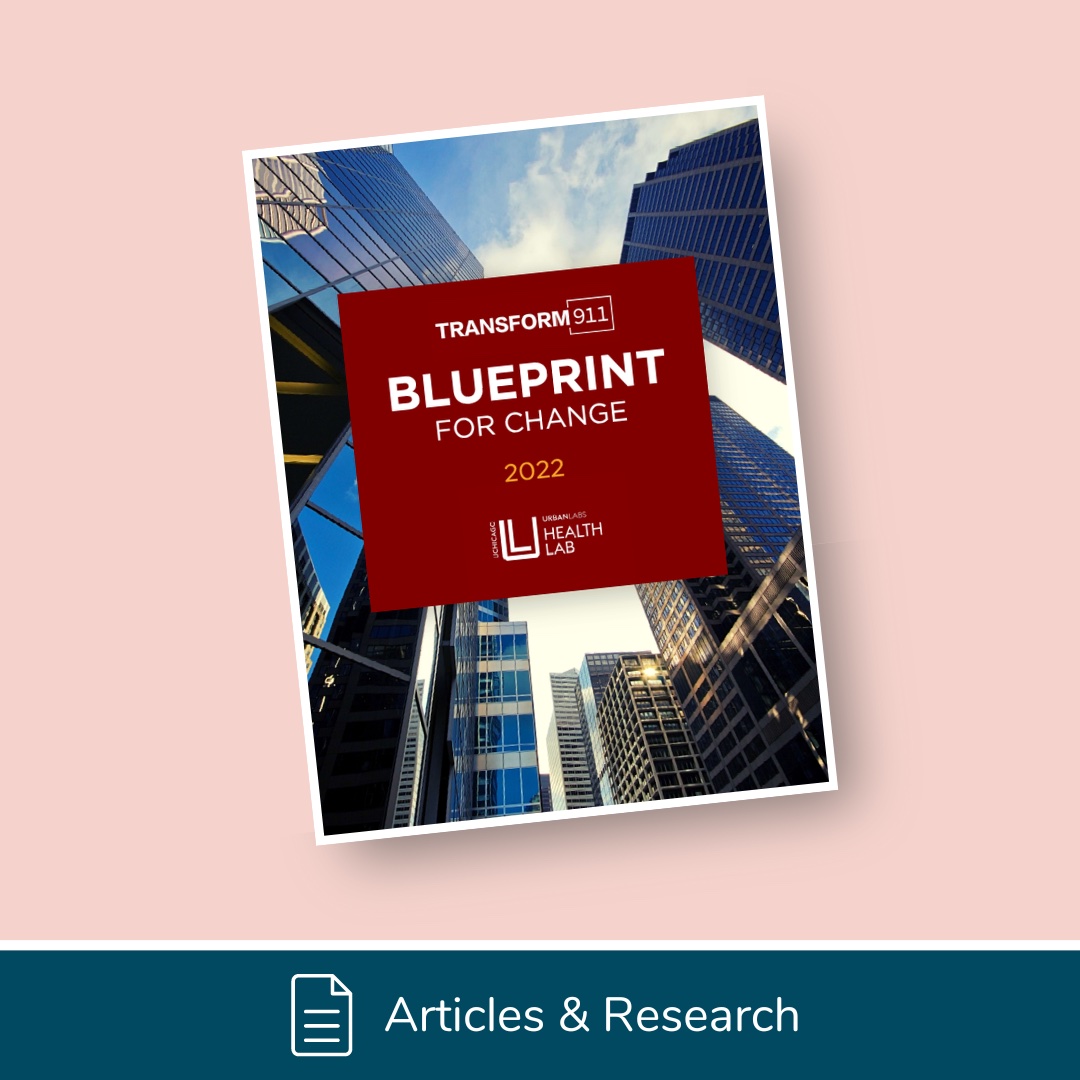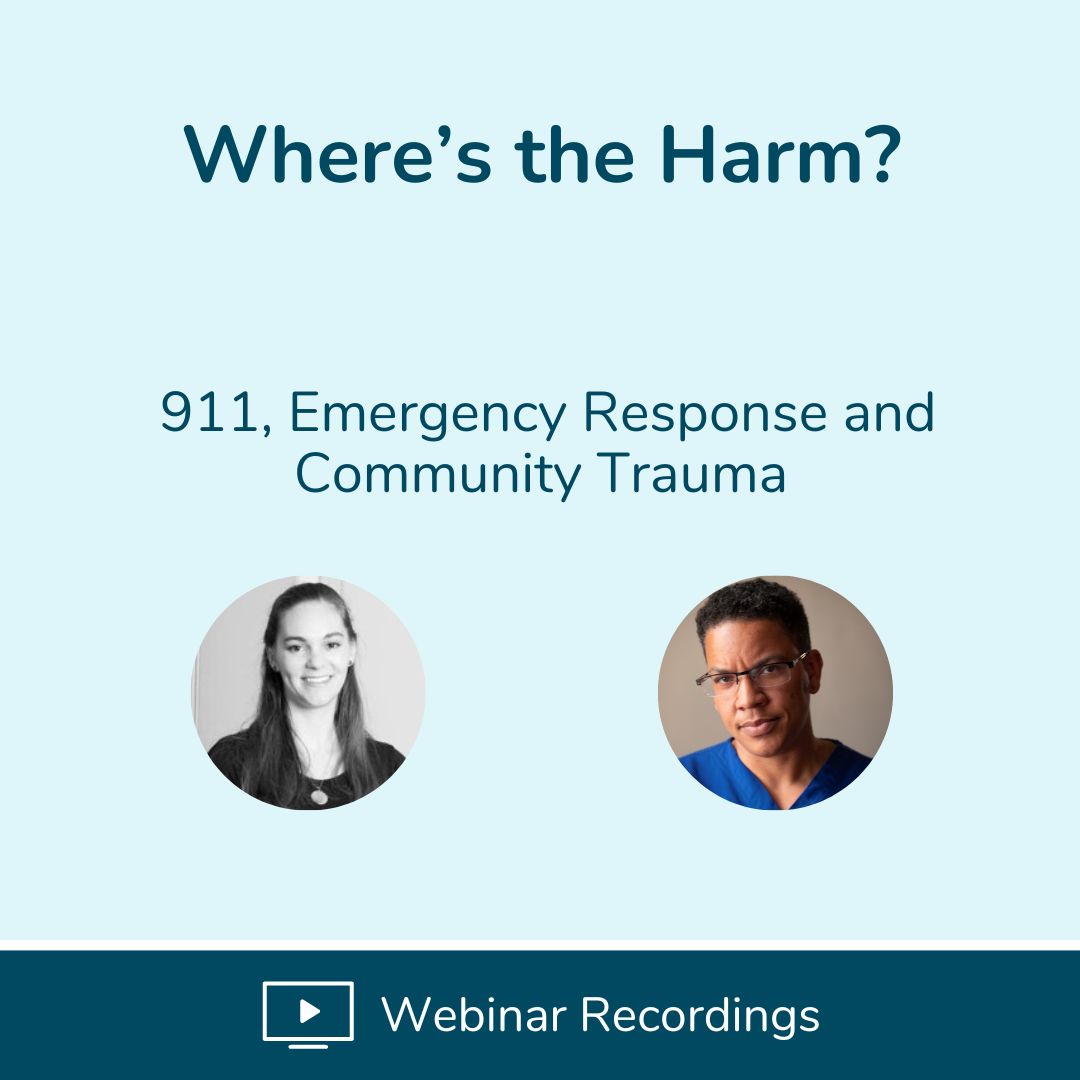
Police are just one resource to address public safety concerns, but they are the default response for most 911 systems nationally. To increase access to wellbeing for people served by the emergency response system and those working within it, it’s critical that we move beyond defaulting to the police by building a more robust and relevant public safety ecosystem.
The emergency system receives calls ranging from noise complaints and minor traffic collisions to mental health crises and violent crime – and police are often the default for response. However, more than 75% of 911 calls dispatched to police across the U.S. do not involve the type of serious crime or public safety threat to merit an armed police response.
A one-size-fits-all response doesn’t promote safety for individuals, communities or first responders. In fact, it might actually reduce access to safety.
While the emergency number people call is constant, the appropriateness of the response is highly variable. 911 systems face broad challenges from a lack of common minimum standards for workforce training and support, to data collection and reporting, to technology interoperability, to a lack of federal funding. These disparities almost universally disadvantage those in small, poor or otherwise marginalized communities, and it undermines public safety and public health.


KEY INSIGHTS

Led by our partners at the University of Chicago Health Lab, Transform911 is a national project to build a more robust and relevant public safety ecosystem that centers wellbeing for all. A diverse set of experts in health care, academia, government, emergency response and public safety, community advocacy, and more developed a Blueprint for Change with recommendations that are guided by a set of wellbeing principles.
The seven-point plan includes recommendations to transform 911 into a system that provides members of the public who are facing acute threats to their wellbeing with appropriate, equitable, relevant, immediate and around-the-clock relief from distress.
911 is the gateway to ambulances and emergency medical care, fire and rescue, and police. For too many of us, 911 is a gateway to greater trauma, not resolution. And while policing is very much in the headlines, steering more calls to healthcare providers isn’t the answer. Communities harmed by policing are also harmed by institutional healthcare.
There are other ways to respond. Watch this webinar recording to learn what a wellbeing-oriented emergency response system could look like.

Interested in centering wellbeing in our public safety and emergency response systems? Here are some places to start.
Led by our partners at the University of Chicago Health Lab, Transform911 is a national project to reimagine the country’s emergency response system. A diverse set of experts in health care, academia, government, emergency response and public safety, community advocacy, and more developed a Blueprint for Change with recommendations that are guided by a set of wellbeing principles.
True community engagement is countercultural to many systems in the U.S., including 911. Ensuring that 911 is equitably accessible, effective and responsive requires partnering with the people who are served by the 911 system to help each caller achieve wellbeing and relief from distress for themselves and those around them.
First responders deserve respect, safety, support and a living wage. Building up a 911 workforce that is dedicated, compassionate, prepared and supported by internal leadership and the public will set us on a path to wellbeing for all.